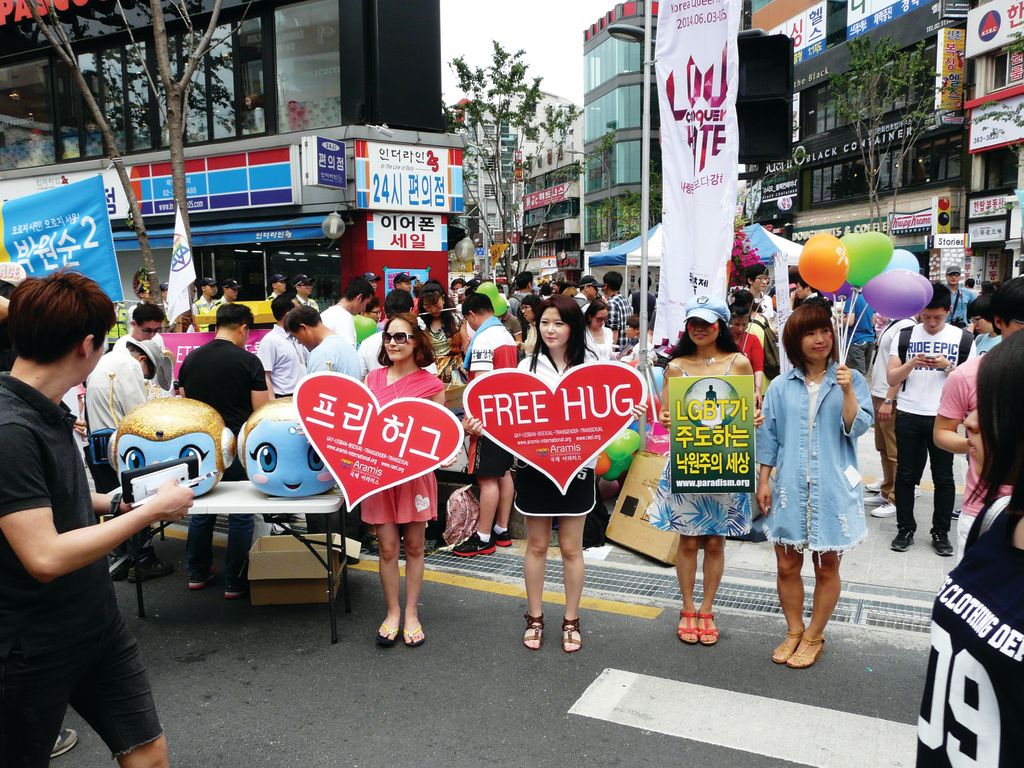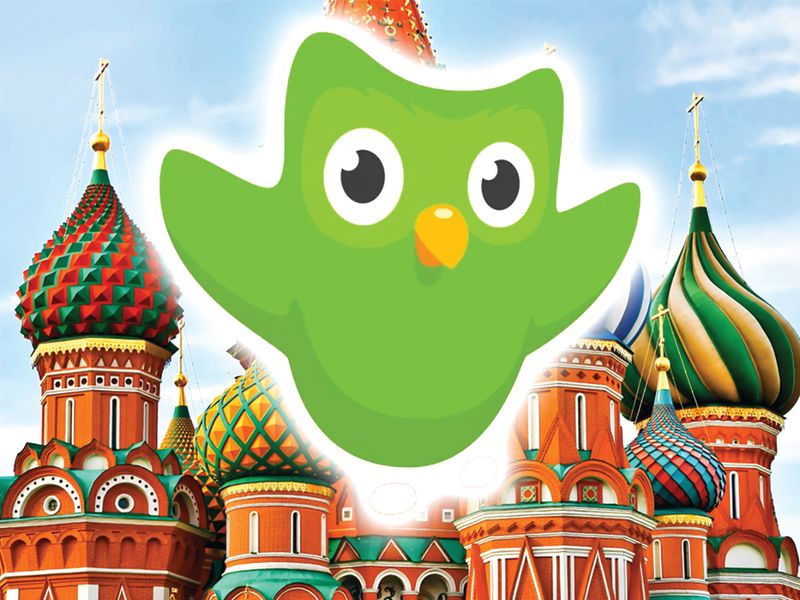The ban on private puberty blockers is challenged in the United Kingdom, South Koreans marched in a banned Pride event, and Duolingo deletes LGBTQ references after Russia's warning.
Ban on Private Puberty Blockers Challenged in UK
TransActual, a trans advocacy group in the United Kingdom, has taken steps to challenge health secretary Victoria Atkins’s decision to ban puberty-blocking hormones. The group is demanding that the government withdraw the regulations and allow private prescriptions of puberty blockers in England.
According to Pink News, last month, the U.K. government introduced regulations to outlaw private prescriptions of the physically reversible hormones that are given to trans people under age 18 to halt the effect of puberty.
The organization’s pre-action letter argued that the government was not entitled to use the emergency process to impose the policy. They also claim that there is no evidence to justify the suggestion that the puberty blockers “create a serious danger to health.”
South Koreans March In Banned Pride Event
Photo by Piotrus, via Wikimedia Commons.
For the second year in a row, people marched in the Pride in South Korea Parade – an event banned by authorities.
According to Pink News, authorities denied organizers permission to gather at the Seoul Plaza, where the city’s annual festivities are traditionally held.
The city claimed that permission was denied due to a scheduling conflict, not because the event was Pride related. However, organizers also told Pink News that three other venues managed by the city government were banned from hosting the event to prevent “causing social conflict.”
A few streets away from the parade, Christian protesters held signs showing their opposition to the march. Despite this, the event was a hit with over 150,000 people attending.
Duolingo Deletes LGBTQ References After Russia’s Warning
Photo by Kyle Willis.
Duolingo, a language learning app, deleted LGBTQ-related references following a warning by Russia's communications regulator.
According to NBC News, Russia’s communications regulator, Roskomnadzor, classified the content as “extremism.”
This comes after Russia widened restrictions on the promotion of “LGBT propaganda” claiming that it has led to “moral decay” in Western countries. The restrictions call for serious penalties and punishment for LGBTQ people and supporters, including hefty fines for companies who violate the law.
“We support LGBTQ+ rights and believe in normalizing LGBTQ+ representation in our content,” a Duolingo spokesperson said.
They continued, “Unfortunately, local laws prohibit us from including certain content in Russia. Duolingo’s mission is to expand access to quality education around the world, and we’re committed to maintaining access to our product everywhere that is legal to do so.”
In a response letter, Roskomnadzor said, “The company Duolingo sent Roskomnadzor a letter in response, in which it confirmed that it had deleted materials promoting non-traditional sexual relations from its training app.”








